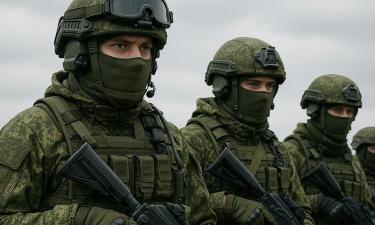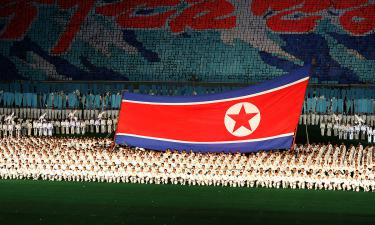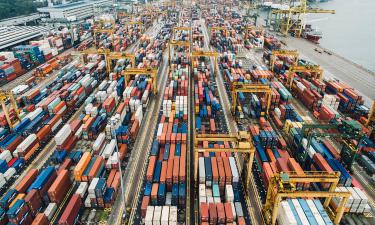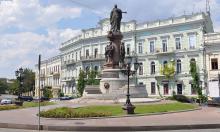Andrei Krushinski: New record of corruption in China
Last Saturday, in China a report appeared in the press about “the biggest over the whole history of Chinese People’s Republic” case of tax swindle: more than 100 people are arrested all over the country. The author of the machination was certain Chen Suezung, while the combination created by him was realized by functionary of the central tax institution, U Chjigang and by heads of 28 Chinese companies. The functionary prepared the documents about paid taxes and sent them to the “combiner” himself, who handed them over to the companies. It was a very profitable idea: within 16 month, they both earned 3,1 billion yuans (374 million dollars), while the companies “saved” 20 billion yuans (2,4 billion dollars) due to the not paid taxes. Only the state was down. The issue of corruption is known to the whole world: once it was even stigmatized by Cicero and Confucius. In the 30s, on the territory of Chinese People’s Republic (the head of the government was Mao Ze Dong, while Deng Xiao Ping was the secretary of the capital’s city committee) over-expenditure of writing paper and of lamp oil was registered. As a result, a radical document appeared in world history of anti-corruption fight: “About Punishments for Embezzlement and Squandering.” According to the decree, embezzlement of 500 silver yuans is punished with death. Though after the revolution’s victory, corruption bacilli were apparent as well, which could be proved by the 1951-1952 fights against “three” and “five” abuses. Though, at the 1978 plenary of Chinese Communist Party’s Central Committee, Chinese new economical policy’s start was sanctioned, or as it is called here “the course of reforms and openness.” One of its directions was called by Deng Xiao Ping in such way: “It is admissible that some people and some regions reach prosperity earlier than others…” In April of 1982, at one of expanded sittings of the Political Bureau, he was grieving: “What is happening with us? Less than a couple of years has passed, since we started to carry out the course of openness toward outside, of economy’s reanimation, while so many staff workers have already become demorolized.” In the 50s, he reminded, a person who embezzled 1 thousand yuans was called “small tiger”, who embezzled 10 thousand – “big tiger”, while now “giant tigers” have appeared, whose embezzlements are measured with 5-figure numbers… “If economical criminality is not suppressed, - Deng Xiao Ping warned, - the reform will go to the dogs… And now we live to see that sums of embezzlements make 11-figure numbers, while the reform lives and prospers, and Chinese economy grows.” On China Daily site, the report about the arrest of 100 combiners adjoins with preliminary estimate of the year’s results: gross domestic product’s growth will make 7,4 percent. Degn Xiao Ping was not right: the market reform was not damaged by corruption. It would be probably more exact to say that corruption is an inevitable product of market. Within the last couple of years, in the process of anti-crime fight in China, drastic sentences were passed on many functionaries (who wanted to reach prosperity earlier than others), occupying posts of the parliament’s vice-speaker, deputy minister, provinces’ governors. Though they still are not such important figures, in comparison with first persons of some states failed in corruption: presidents and prime-ministers of South Korea, Japan, India, Pakistan, Indonesia, the Philippines, Italy and Greece.
Andrei Krushinski PRAVDA.Ru Beijing
Translated by Vera Solovieva Read the original in Russian: http://www.pravda.ru/main/2001/12/08/34668.html
Subscribe to Pravda.Ru Telegram channel, Facebook, RSS!





